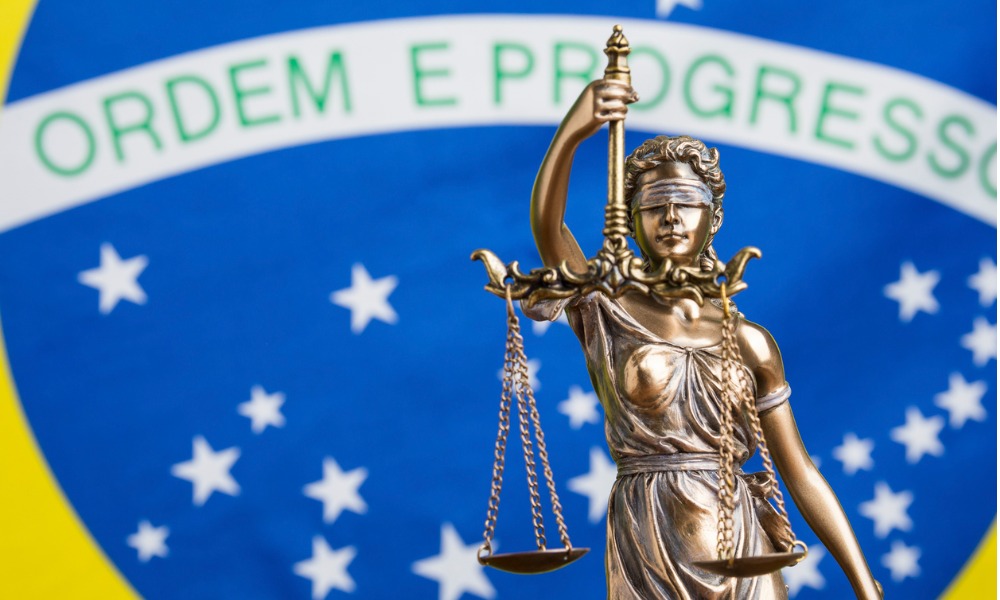
Brazil's judiciary has national targets aimed at more female representation in leadership roles

A new report – released by the International Bar Association (IBA)’s Legal Policy and Research Unit in collaboration with the LexisNexis Rule of Law Foundation – reveals that women remain underrepresented in senior legal positions across Brazil.
The “50:50 by 2030: A longitudinal study into gender disparity in law – Brazil Results Report” highlights the challenges women face in advancing to leadership roles in the legal profession despite making up 44 percent of all lawyers in the country. This figure dips to 37 percent at senior levels.
The Brazil report is part of a broader global study examining gender inequality in the legal profession, the IBA said in its news release. The report presents a detailed analysis of gender representation across different sectors, including private practice, the public sector, and the judiciary.
While women make up 43 percent of public sector lawyers in Brazil, they account for only 28 percent at senior levels. This contrasts with law firms, where women represent 55 percent of all lawyers and 43 percent at senior levels – figures that stand out compared with other countries surveyed by the IBA. On the other hand, the judiciary is the most male-dominated sector, with only 38 percent of judges being women and just 21 percent at senior levels.
The report sheds light on various sectors within Brazil’s legal profession. In the corporate sector, only 34 percent of senior leadership positions are held by women.
The report states that nearly all public sector institutions monitor gender parity, with 50 percent tracking it specifically at senior levels. Similarly, the judiciary monitors gender balance at all levels. Across all sectors, flexible working arrangements have emerged as the most popular initiative to address gender disparity, with nearly 64 percent of respondents offering such options.
Luís Roberto Barroso, president of Brazil’s Supreme Federal Court and of the National Council of Justice emphasized in his foreword to the report the cultural barriers that restrict women’s participation in public life. He explained that increasing women’s involvement in the public sphere was not only a matter of gender equality but also of national interest.
Efforts are being made to address these disparities, the news release noted. The judiciary, for example, has begun implementing national targets aimed at increasing female representation in leadership roles to 50 percent.
The Brazilian Bar Association (OAB) has also introduced gender quotas in internal elections and protections for pregnant, adopting, and breastfeeding lawyers.
“Ensuring gender equality requires the participation of all sectors of society,” said José Alberto Simonetti, president of the OAB’s Federal Council, in the news release.
Previous gender disparity reports of the IBA have focused on jurisdictions such as England and Wales, Uganda, and Spain. Upcoming reports will cover Mexico, Turkey, and Ukraine.
The project, launched in 2021 by IBA president Almudena Arpón de Mendívil Aldama, seeks to identify the barriers preventing women from reaching senior positions in the legal profession and to propose solutions to achieve gender equality.